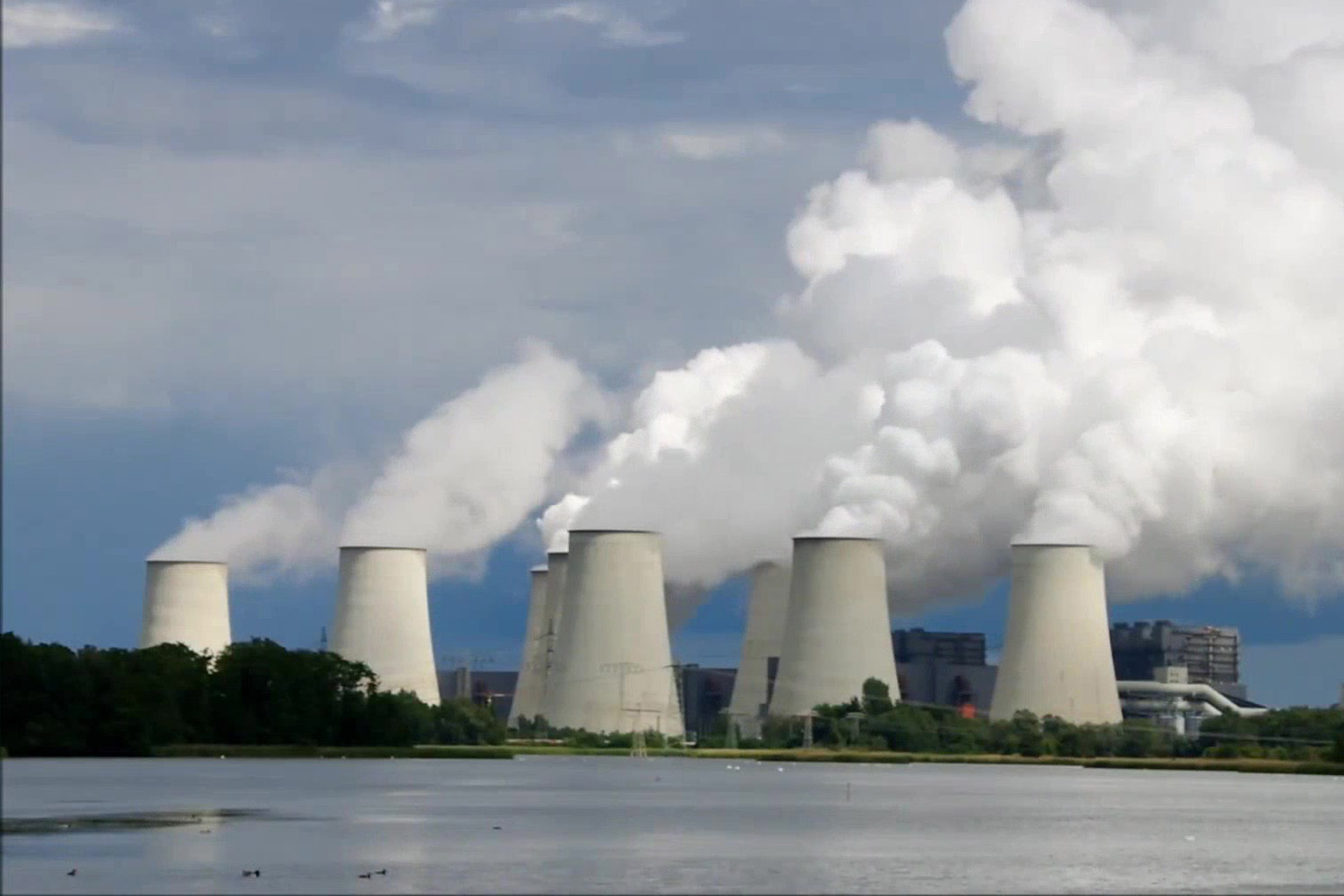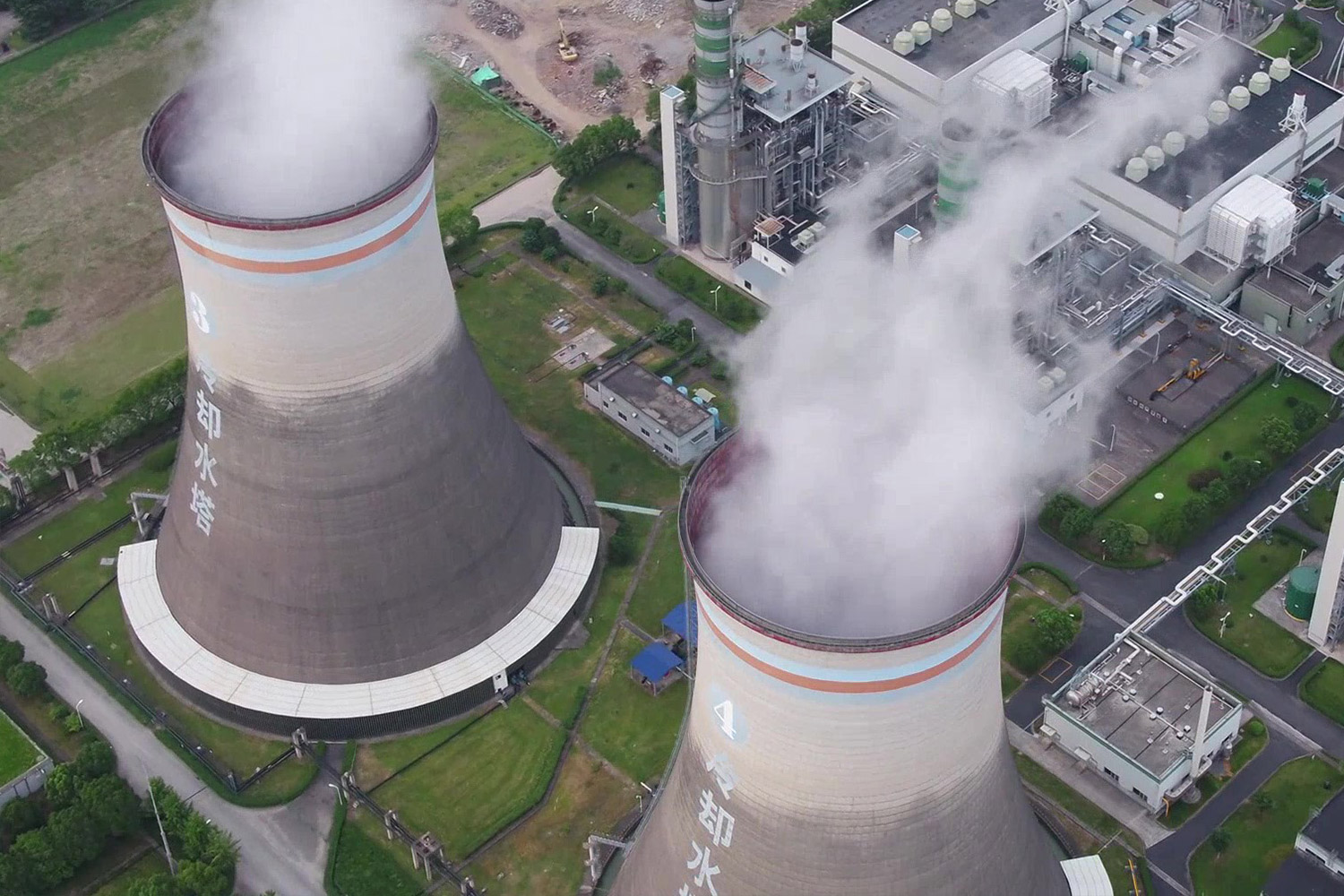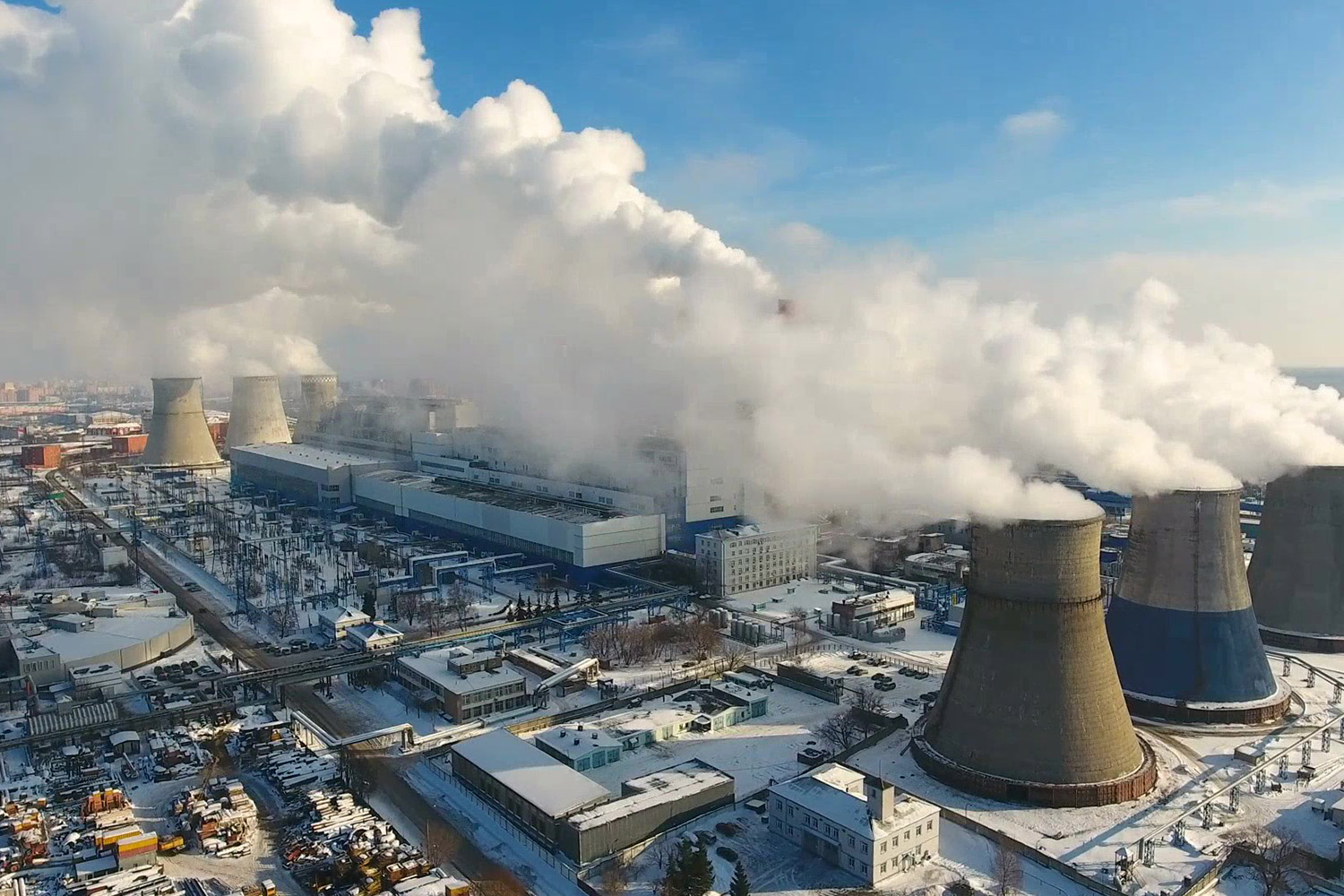The Advantages of Geothermal Energy
Geothermal energy offers several distinct advantages over other renewable energy sources.

The Advantages of Geothermal Energy
Geothermal energy offers several distinct advantages over other renewable energy sources.
Consistent and Reliable: Unlike solar and wind power, geothermal energy is not subject to the vagaries of weather or daily cycles. It provides a constant power output, irrespective of the time of day or season.
Environmentally Friendly: Geothermal power is a clean energy source. It produces electricity without burning fossil fuels, and thus emits far fewer greenhouse gases. While it does produce some waste, it’s much less than that of conventional power sources.
High Efficiency: Geothermal power plants are incredibly efficient. They can convert more than 90% of the thermal energy they extract into electricity.
Small Footprint: Geothermal power plants require less land per MW than almost any other source of electricity.
Challenges and Solutions
Revolutionizing Geothermal Energy Here’s how we’re making geothermal power plants more economical and efficient, setting new standards in the energy sector. Revolutionizing …
In the quest for sustainable and clean energy solutions, Geodyn Solutions stands at the forefront, championing the untapped potential of geothermal power. …
In the quest for sustainable energy solutions, geothermal energy stands out as a beacon of hope and innovation. Geodyn Solutions, a trailblazer …
Despite its advantages, the adoption of geothermal energy has been relatively slow. There are some inherent challenges.

Geographic Limitations: Geothermal energy requires specific geological conditions. These conditions are often found in regions with volcanic activity. Hence, it’s not universally applicable.
High Initial Investment: The cost of setting up a geothermal plant, which includes drilling and exploration, can be quite high.
Environmental Concerns: Though a clean energy source, geothermal power plants can potentially trigger earthquakes and release harmful gases trapped deep within the earth.
However, solutions are on the horizon for these challenges.

Enhanced Geothermal Systems (EGS): This technology can make geothermal power viable in regions without naturally occurring pockets of steam and hot water. It involves creating these conditions artificially, significantly expanding the potential reach of geothermal power.
Government Incentives and Private Investment: Financial support from governments and private entities can help offset the high initial costs of geothermal projects.
Improved Regulations and Practices: Better regulations and practices can minimize environmental risks. For instance, reinjecting used geothermal fluids back into the Earth can help prevent surface contamination and maintain pressure underground, reducing the risk of earthquakes.
Conclusion
As we look for sustainable solutions to meet our energy needs, it’s imperative to tap into all the resources available to us. Geothermal power, with its potential for reliable and sustainable electricity generation, is a compelling option. Yes, there are challenges, but with advancements in technology and a commitment to a greener future, we can overcome these hurdles. Geothermal power could become a mainstream energy source, helping us achieve a sustainable, energy-secure future.


